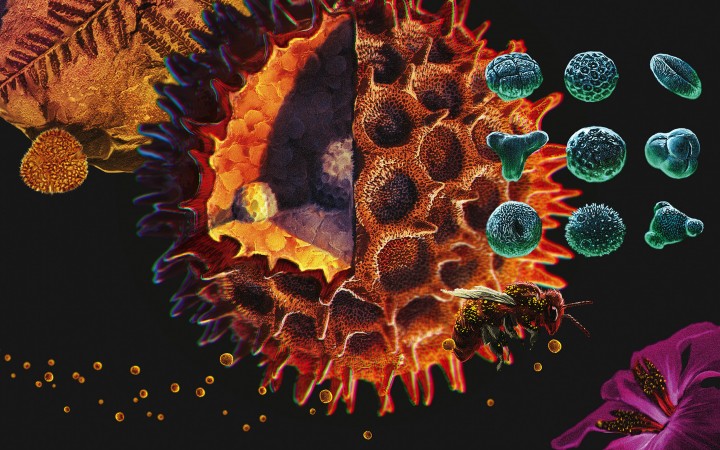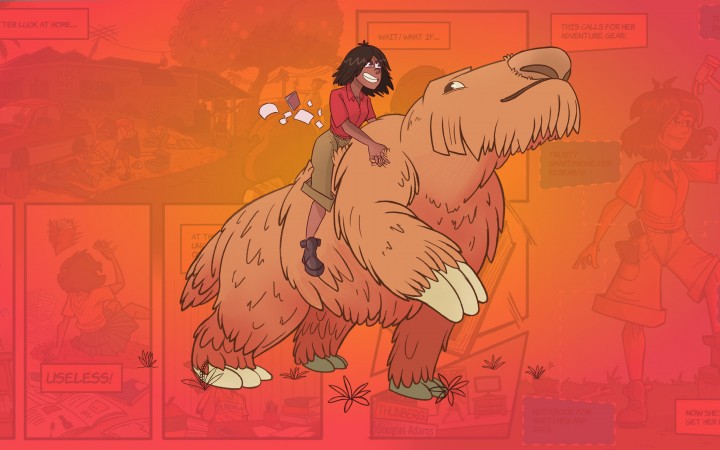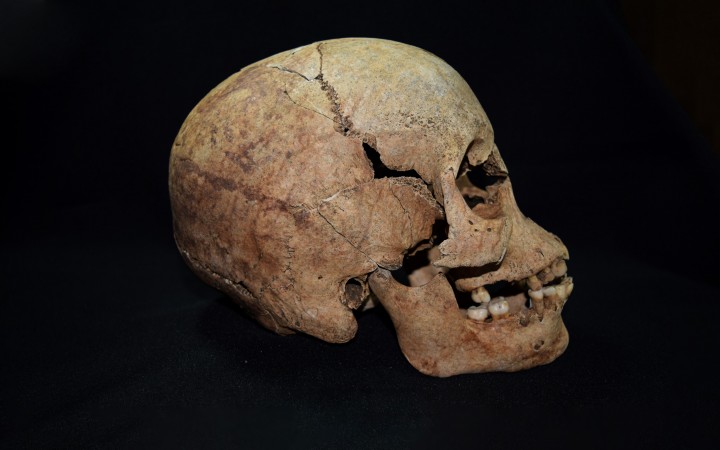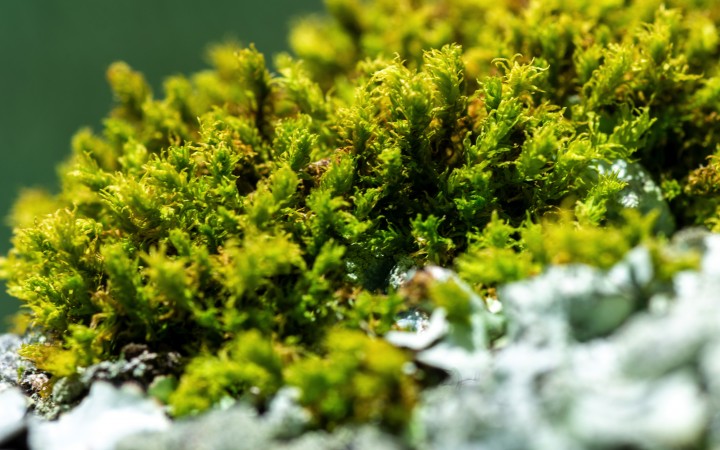How the Chicxulub Impactor gave rise to modern rainforests
About 66 million years ago, a huge asteroid crashed into what is now the Yucatan, plunging the Earth into darkness. The impact transformed tropical rainforests, giving rise to the reign of flowers.









